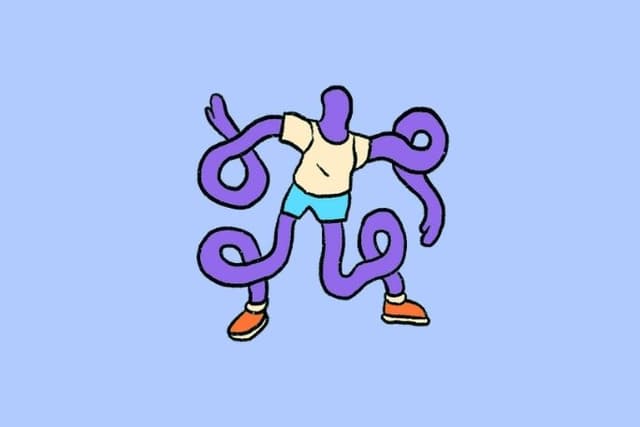
IMAGI-NATION{TV} - Failure Time Olympics
Lesson1 of 2 in this unit
PrimarySecondaryYear 3 - 10Health and Physical EducationPhysical EducationThe ArtsMusicTechnologyDesign and TechnologiesSocialMental HealthSocial ActionEconomicEnterprise Learning
Summary
Lesson Guides and Printables
Teacher Content Info

Lesson Plan
